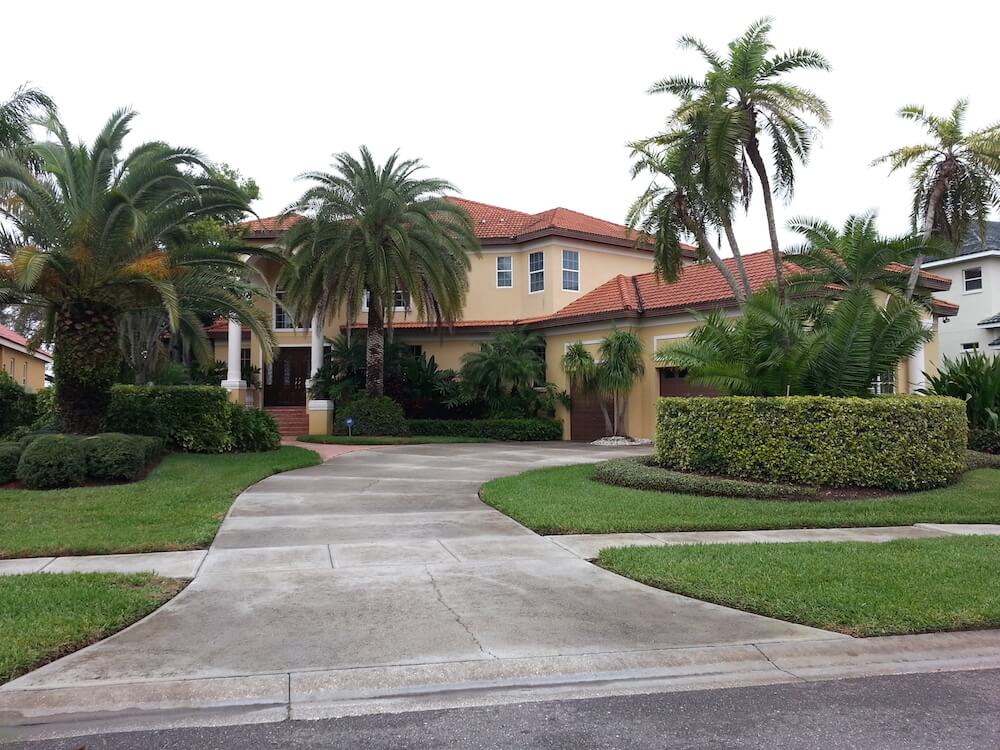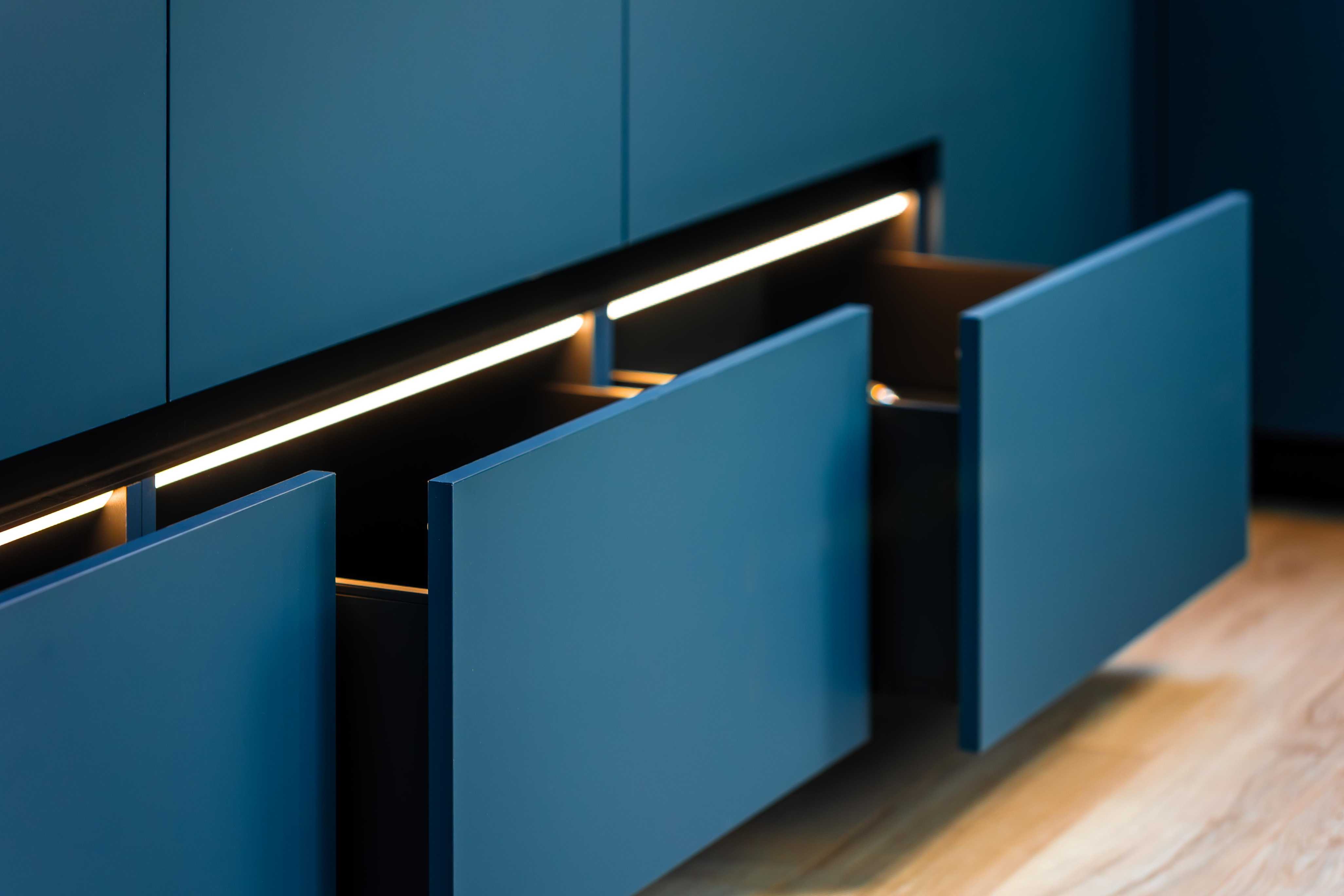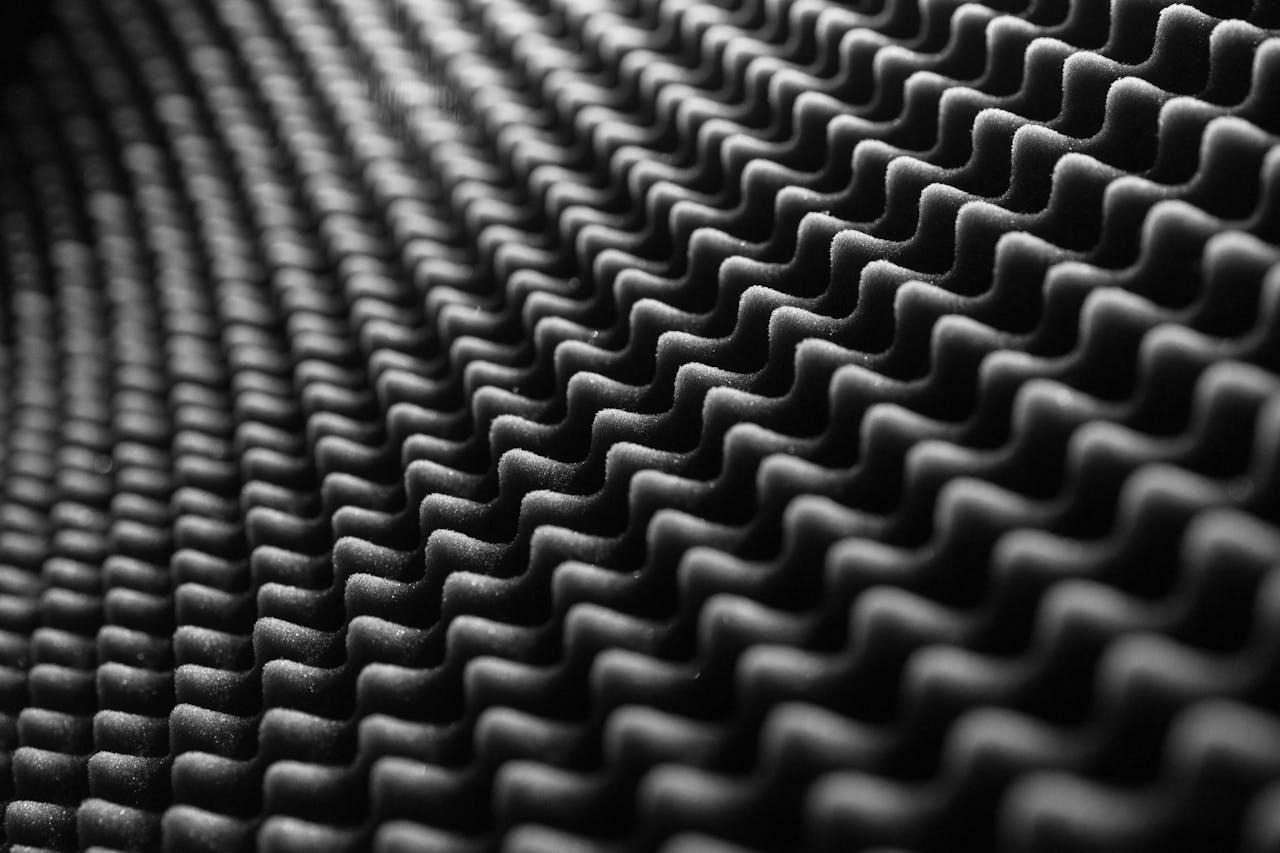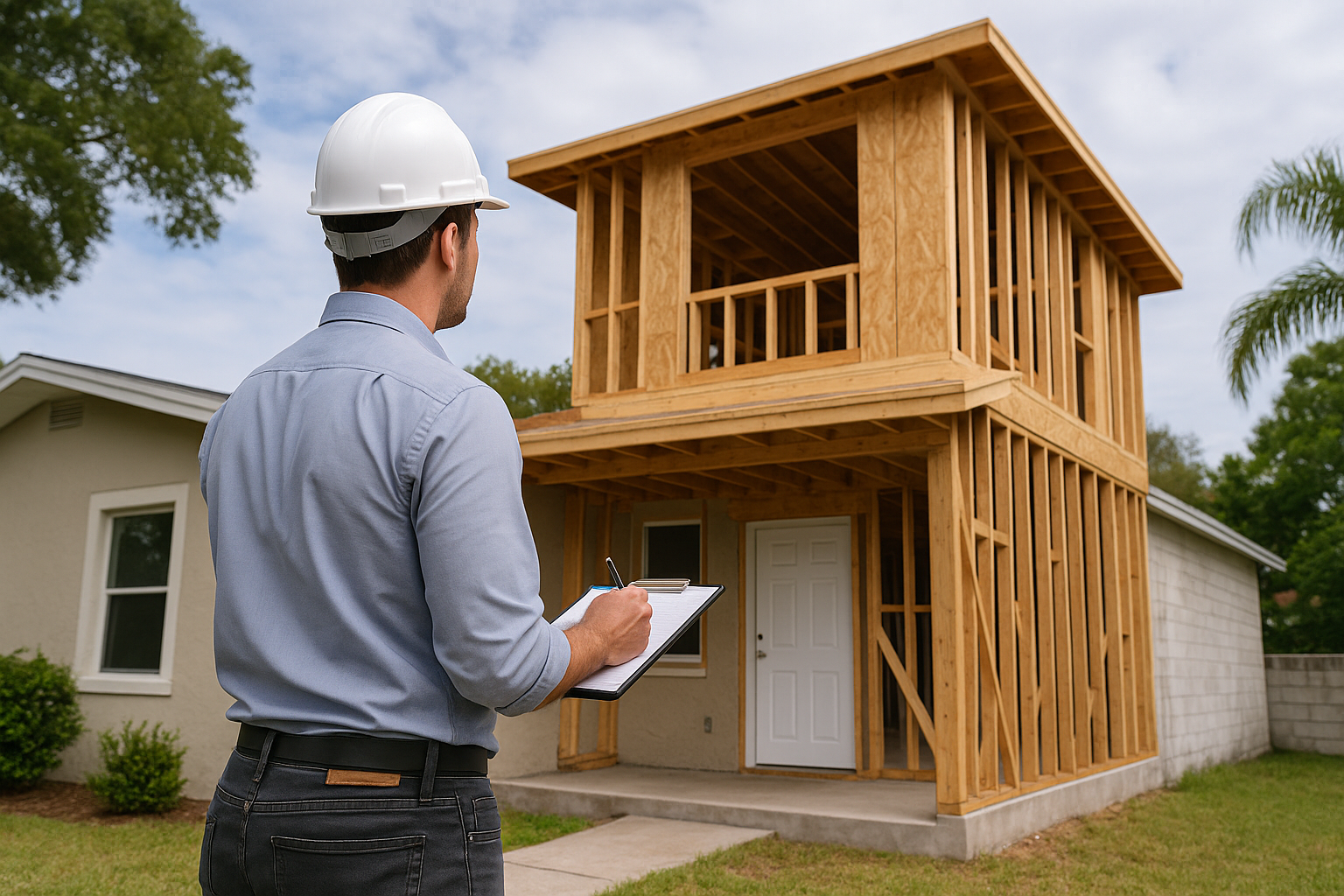By using our website, you agree to the use of cookies as described in our Cookie Policy
a
Rss Feed
Innovative Materials for Sustainable Building Practices

As the construction industry continues to evolve, using innovative materials for sustainable building practices is becoming increasingly important. These materials not only help reduce the environmental impact of construction projects but also improve the efficiency and longevity of buildings. Here are some key innovative materials that are making a difference in sustainable building practices.
Recycled and Reclaimed Materials
Using recycled and reclaimed materials is a great way to reduce waste and lower the environmental footprint of a construction project. These materials can be sourced from various places, including old buildings, industrial waste, and even everyday household items.
- Recycled steel: Steel is one of the most recycled materials in the world. Using recycled steel in construction reduces the need for new steel production, which is energy-intensive and generates significant carbon emissions.
- Reclaimed wood: Wood from old buildings, barns, and other structures can be reclaimed and used in new construction projects. This not only preserves the character of the wood but also reduces the demand for new timber.
- Recycled concrete: Concrete can be crushed and reused as aggregate in new concrete mixes, reducing the need for virgin materials and minimizing waste.
Incorporating recycled and reclaimed materials into construction projects not only helps the environment but can also add unique character and history to a building. It's important to work with suppliers who specialize in these materials to maintain quality and sustainability.
Biodegradable and Renewable Materials
Biodegradable and renewable materials are another key component of sustainable building practices. These materials are derived from natural sources and can break down naturally at the end of their life cycle, reducing waste and environmental impact.
- Bamboo: Bamboo is a fast-growing, renewable resource that can be used for flooring, cabinetry, and even structural elements. Its strength and durability make it an excellent alternative to traditional timber.
- Cork: Cork is harvested from the bark of cork oak trees, which can be done without harming the tree. It is a renewable, biodegradable material that is often used for flooring and insulation.
- Hempcrete: Hempcrete is a bio-composite material made from the inner fibers of the hemp plant mixed with a lime-based binder. It is lightweight, insulating, and has a low environmental impact.
Using biodegradable and renewable materials in construction helps reduce the reliance on non-renewable resources and minimizes the environmental impact of building projects. These materials also offer unique properties that can enhance the performance and aesthetics of a building.
Advanced Insulation Materials
Insulation is a critical component of any building, as it helps regulate indoor temperatures and improve energy efficiency. Advanced insulation materials are designed to provide superior thermal performance while being environmentally friendly.
- Aerogel: Aerogel is a highly porous, lightweight material with excellent insulating properties. It is made from silica and can provide up to four times the insulation value of traditional materials.
- Cellulose insulation: Made from recycled paper products, cellulose insulation is an eco-friendly alternative to fiberglass and foam insulation. It is treated with non-toxic fire retardants and provides excellent thermal and acoustic insulation.
- Sheep's wool: Sheep's wool is a natural, renewable insulation material that offers excellent thermal performance and moisture regulation. It is also biodegradable and has a low environmental impact.
Advanced insulation materials can significantly improve the energy efficiency of a building, reducing heating and cooling costs and minimizing the environmental impact. These materials are often more sustainable and healthier for occupants compared to traditional insulation options.
By incorporating innovative materials into sustainable building practices, construction projects can become more environmentally friendly, efficient, and durable. For expert guidance on using these materials in your next project in Largo, FL, trust the experienced professionals at Rose Building Contractors. Contact us today at 727-596-2390 to discuss your project and learn more about sustainable building practices.
‹ Back






.png)
